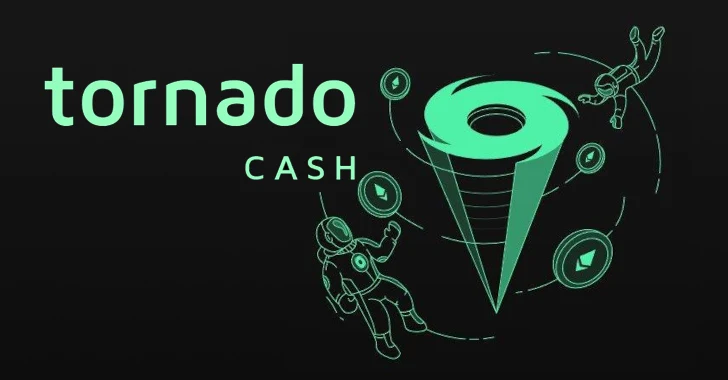In a landmark decision for crypto privacy technologies, a U.S. court in Texas has overturned sanctions against the cryptocurrency mixing protocol Tornado Cash. The ruling, issued by the U.S. District Court for the Western District of Texas on January 21, marks a major shift in how privacy-preserving technologies might be treated under U.S. law.
Background on Tornado Cash Sanctions
The U.S. Treasury’s Office of Foreign Assets Control (OFAC) sanctioned Tornado Cash in August 2022, alleging the protocol was used by North Korea’s Lazarus Group to launder over $455 million in stolen digital assets. The sanctions included a blacklist of Tornado Cash’s smart contracts, sparking debates over whether open-source code could be regulated or sanctioned under U.S. law.
The crackdown led to the arrest of Tornado Cash developer Alexey Pertsev, who was later found guilty of money laundering by a Dutch court. On May 14, 2024, Pertsev was sentenced to five years and four months in prison for laundering $1.2 billion through the platform.
Court Ruling Reverses OFAC Action
In its January 21 decision, the court ruled that OFAC had overstepped its congressional authority by sanctioning Tornado Cash. The ruling stated:
“It is ordered and adjudged that the judgment of the district court is reversed, and the cause is remanded to the district court for further proceedings in accordance with the opinion of this court.”
This ruling followed an appeal filed on November 26, 2024, by six Tornado Cash users who argued that OFAC’s actions were unlawful.
Key Arguments in the Appeal
The plaintiffs contended that OFAC lacked the authority to sanction Tornado Cash because its immutable smart contracts could not be classified as “property” under the International Emergency Economic Powers Act (IEEPA). They argued:
- Tornado Cash’s smart contracts are open-source software, not controlled or owned by any foreign entity or individual.
- Blockchain transactions, while traceable, sometimes require additional privacy tools for legitimate use cases.
The appeal emphasized that OFAC’s actions risk stifling innovation in privacy-preserving technologies, raising broader concerns for the crypto industry.
The Case of Alexey Pertsev
Despite the court victory for Tornado Cash, Alexey Pertsev remains in custody in the Netherlands. During his March 2024 trial, Pertsev argued that developers could not be held responsible for users who misuse decentralized protocols. However, the court ruled that Pertsev and his co-founders could have implemented safeguards to mitigate illicit use of the platform.
The reversal of Tornado Cash’s sanctions is seen as a victory for privacy-preserving protocols in the crypto space. Matthew Niemerg, co-founder of AlephZero, highlighted the importance of balancing privacy features with legal compliance, saying:
“Offering privacy-preserving features in a legally compliant manner will be essential for future privacy protocols.”
Developers and advocates for privacy technologies now see hope for clearer guidelines that enable innovation without excessive regulatory interference.
